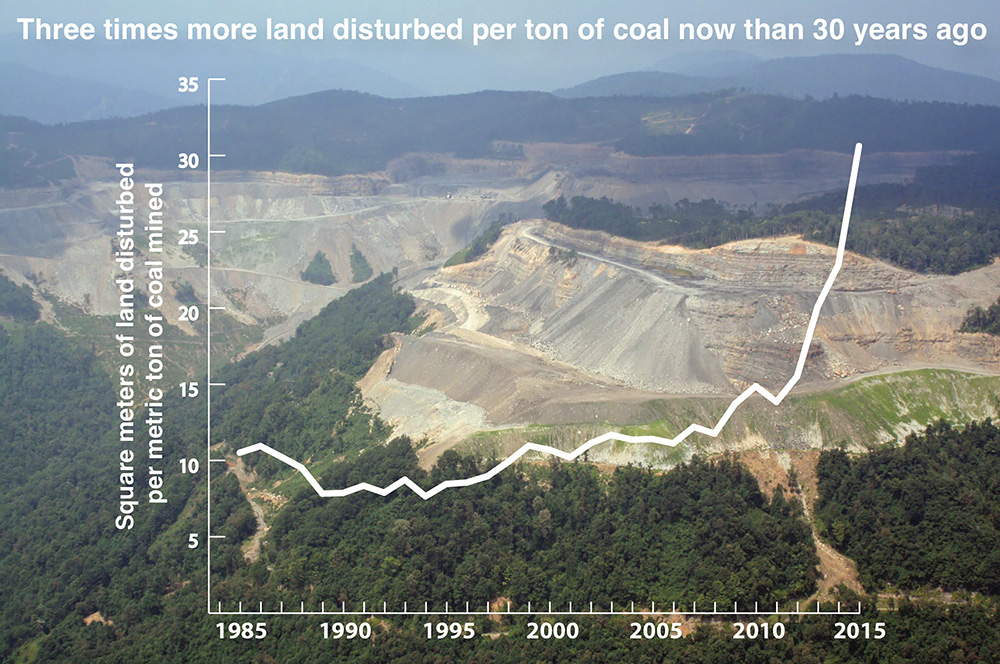Cleaning Up Coal Ash
For well over a century, power plants across the country have burned coal to generate electricity. And for just as long, leftover coal ash has been dumped in open, unlined pits near the power plant, usually located on a river or lake. Every year, U.S. power plants produce 130 million tons of coal ash, which is the second largest waste stream in the country after municipal garbage.
Coal ash concentrates the toxic heavy metals found in coal, including arsenic, mercury, lead and selenium. Stored in unlined, wet impoundments, coal ash has been leaking these toxics into our groundwater and surface waters for years. Sometimes these impoundments collapse — with disastrous results.
Yet government regulations for coal ash management are either non-existent or sparse, and there is little enforcement of the regulations that do exist. In North Carolina, this lack of oversight — and the complicity between state regulators, elected officials and Duke Energy — came to a boiling point in February 2014 when one of Duke’s coal ash impoundments spilled 39 million tons of ash into the Dan River.
Citizens living near North Carolina’s 33 coal ash impoundments — all of which have leaked — have fought for transparency from Duke and the state, and for cleanup of the pollution that threatens their property value, health and family. Their actions forced this issue into the headlines of news networks and to the forefront of environmental justice conversations in the United States.
Appalachian Voices stood with these communities as we worked for years to compel Duke Energy and the N.C. Department of Environmental Quality to excavate coal ash from all the North Carolina sites and dispose of it either in lined, dry landfills, away from waterways, or by recycling it for concrete or other uses, provided it’s done in a manner that protects public health and the environment.
On Jan. 2, 2020, North Carolina announced a historic settlement with one of the state’s most powerful corporations and polluters, Duke Energy. The settlement requires Duke to move nearly 80 million tons of toxic coal ash at six of its power plants to properly lined landfills onsite or recycle it.

Learn information about specific coal ash impoundments in the South, including health threats and safety ratings:
Additional Resources
Fact sheets, videos, links to academic research, and more
Sign Up to Act
Help us protect the health of our communities and waterways.
Latest News
Hidden Treasures #6: Kentucky
The Auxier Ridge Trail and nearby trails in Daniel Boone National Forest’s Red River Gorge offer stunning hiking, while the Little Shepherd Trail provides a beautiful drive along Pine Mountain and Kentenia State Forest.
New Study Maps Increase in Land Disturbed by Coal Mining
A new study shows that surface mining has cleared 1.5 million acres of land between 1976 and 2015, and also showed a drastic increase in the ratio of land cleared to tonnage of coal produced over the last three decades.
Powell Valley Electric Co-op Members Raise Their Voices
Members of Powell Valley Electric Cooperative have launched a campaign to make their cooperative more transparent, accountable and responsive to the needs of its communities. The group has three candidates running for board seats and submitted a bylaw amendment.
Tell Virginia’s Governor to Plan for Clean Energy
Virginia is drafting a state energy plan, so it’s time to tell Gov. Northam that we should work to replace an outdated, fossil-fuel based economy with a sustainable, clean energy economy









